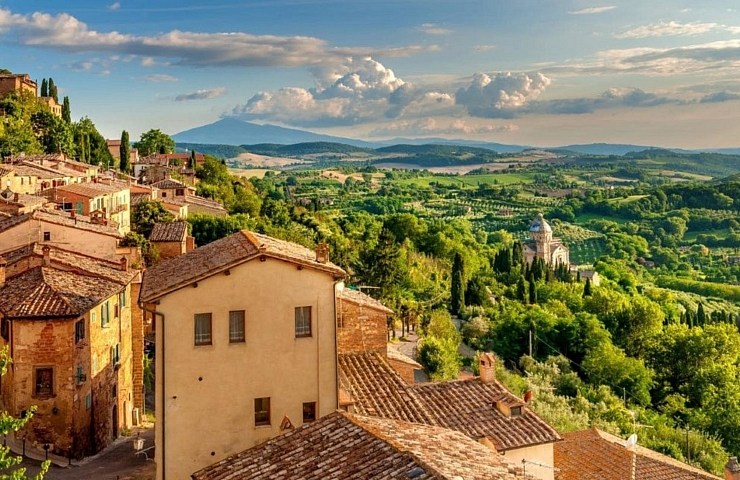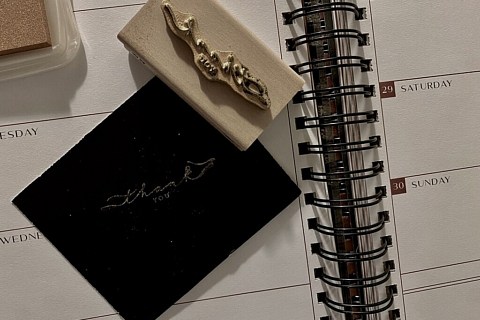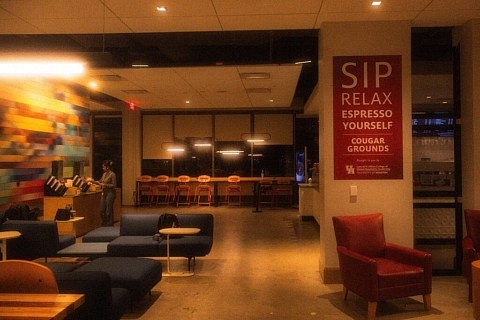Most class assignments only lead to a grade.
When I completed my application to an international residency for performers in Tuscany, Italy, which was hosted by the International University for Global Theater Experience, I was merely thinking of submitting the copies of the application to my teacher.
It was our first assignment for a new course in the School of Theatre & Dance called Grant Writing and Artist Development. Thus, receiving the news of being accepted with a partial scholarship from Arts Oasis came as a shock, but turned out to be a wonderful opportunity for me to travel abroad.
The idea of going to a country I’ve never been to both excited and scared me. Equipped with a travel book and directions to a small town north of Pisa, I embarked to navigate the Tuscan lands. A total of three Italian phrases in my vocabulary got me far enough to find kind locals that helped me in need, whether it was ordering at the restaurant, buying a phone, or figuring out my train times to another city.
Once I arrived to the Monastery where my residency would take place, I immediately felt welcomed by meeting people who were willing to be just as vulnerable as me. The 17 of us came together as a bunch of ambitious creators as diverse as the city of Houston, hailing from Singapore, Great Britain, Brazil, Taiwan, Ireland, Ukraine, Canada, New York and more. We ranged in age from 21 to 64.
In no other environment would I have the opportunity to work with a professor from New York City, an opera director from England, or a circus performer from Nova Scotia who treated me as a creative equal. Everyone had a different background, various levels of training and experience, yet no one was better or worse than another. It was in our differences that we could step into the space of being the same kind of artist, ready to explore and risk together.
IUGTE’s program features physical theater and movement training with a focus on ensemble thinking. It caters to a variety of performing professionals such as actors, dancers, choreographers and circus performers. Their intention is to serve as an international epicenter for artists through a fully immersive creative lab and being in a gorgeous monastery. It also helped that my program was situated across mountains made of marble and was only a hike away from the beach.
We started our mornings with tai chi on the roof, transitioning to practical labs that had us exploring space, vocals, and each other through improvisational games. As trust grew between us, the exercises forced us to adapt to deeper physical connections.
It is because of these new friends that I took a spontaneous trip to Florence and Belfast to see sights, shop street markets and try great food—my absolute favorite was the gelato-filled cannoli.
In the short time we spent studying abroad, our group of rag-tag optimists transformed into an intimate family, connected because we had a safe environment to learn about each other, to make mistakes and really listen to each other.





Recent Comments